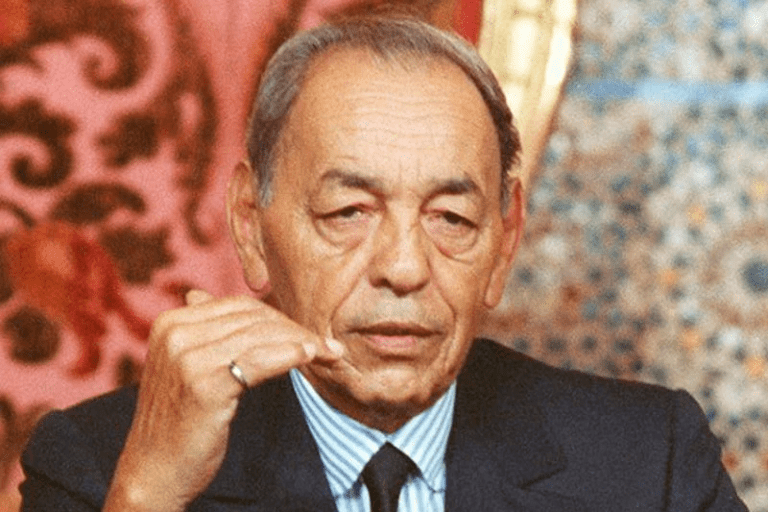The late monarch, who reigned for nearly four decades, played a pivotal role in the country’s modernization and development.
Known for his leadership in economic growth, political stability, and territorial unity, King Hassan II oversaw the recovery of key Moroccan regions during his reign. His most notable legacy is the peaceful Green March of 1975, when hundreds of thousands of Moroccans marched to assert their sovereignty over the Sahara.
This anniversary comes just weeks before the 49th anniversary of the Green March. Morocco’s diplomatic approach and popular mobilization in resolving the Sahara conflict have served as a model for peaceful conflict resolution.
Under King Hassan II’s leadership, Morocco also made significant strides in agriculture, thanks to his “dam policy” launched in 1966. This initiative aimed to develop hydraulic infrastructure and improve the agricultural sector, proving vital in times of drought. These efforts have positioned Morocco as a key player in global agriculture.
Beyond economic development, King Hassan II championed social policies to improve the well-being of the Moroccan people. He promoted women’s rights, strengthened family institutions, developed social housing, and worked to ensure respect for human rights while preserving Morocco’s Islamic, Arab, and African identity.
On the international stage, King Hassan II was renowned for his diplomatic acumen and leadership. He played a key role in major regional and international issues, including the Arab-Israeli conflict and UN peacekeeping missions. Under his leadership, Morocco became a founding member of key organizations such as the Organization of African Unity (OAU) and the Arab Maghreb Union. In 2022, Ethiopia posthumously awarded King Hassan II the Pan-African Prize for his contributions to decolonization and the promotion of Pan-Africanism.
RT/sf/ac/lb/abj/APA


